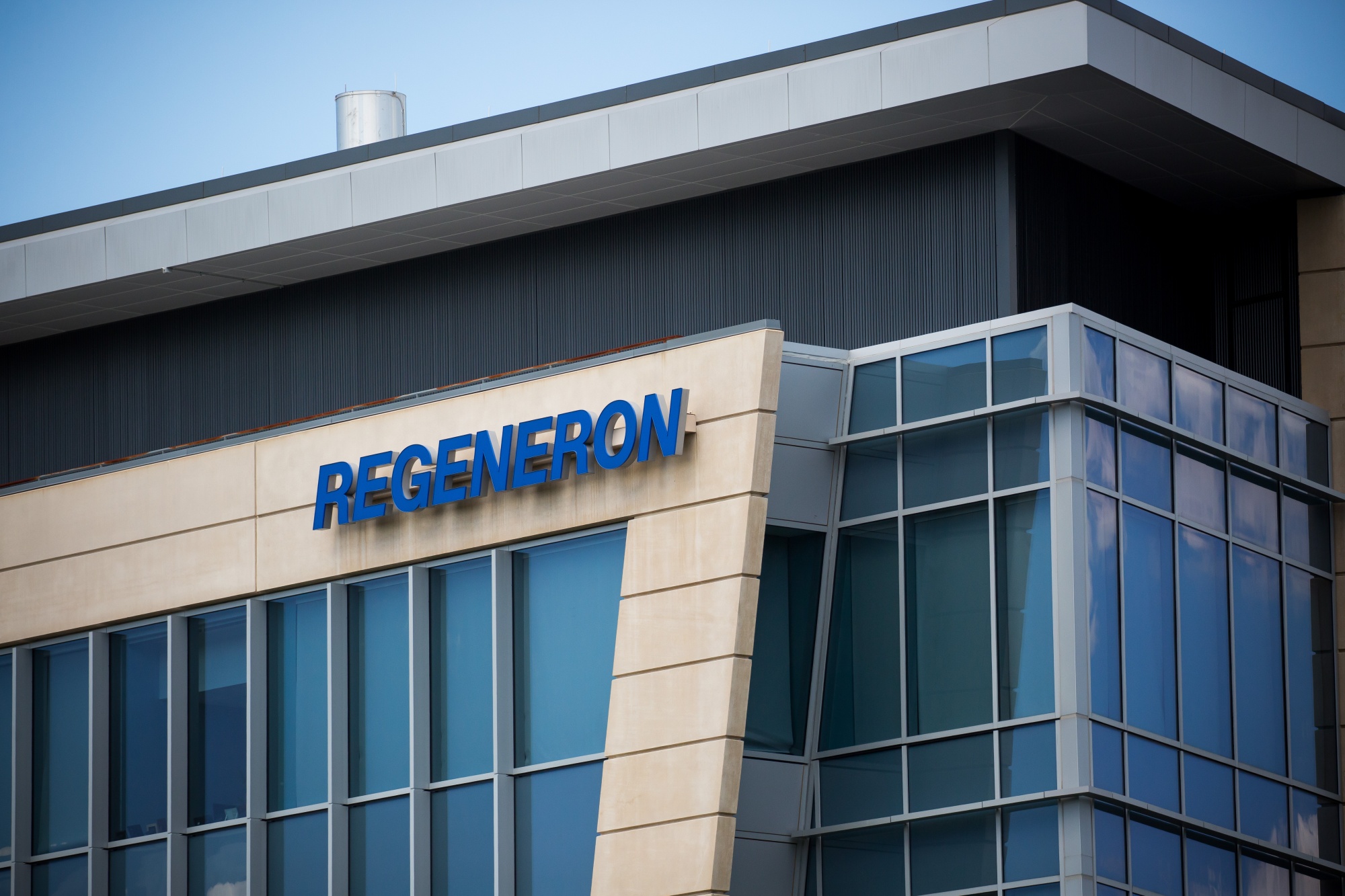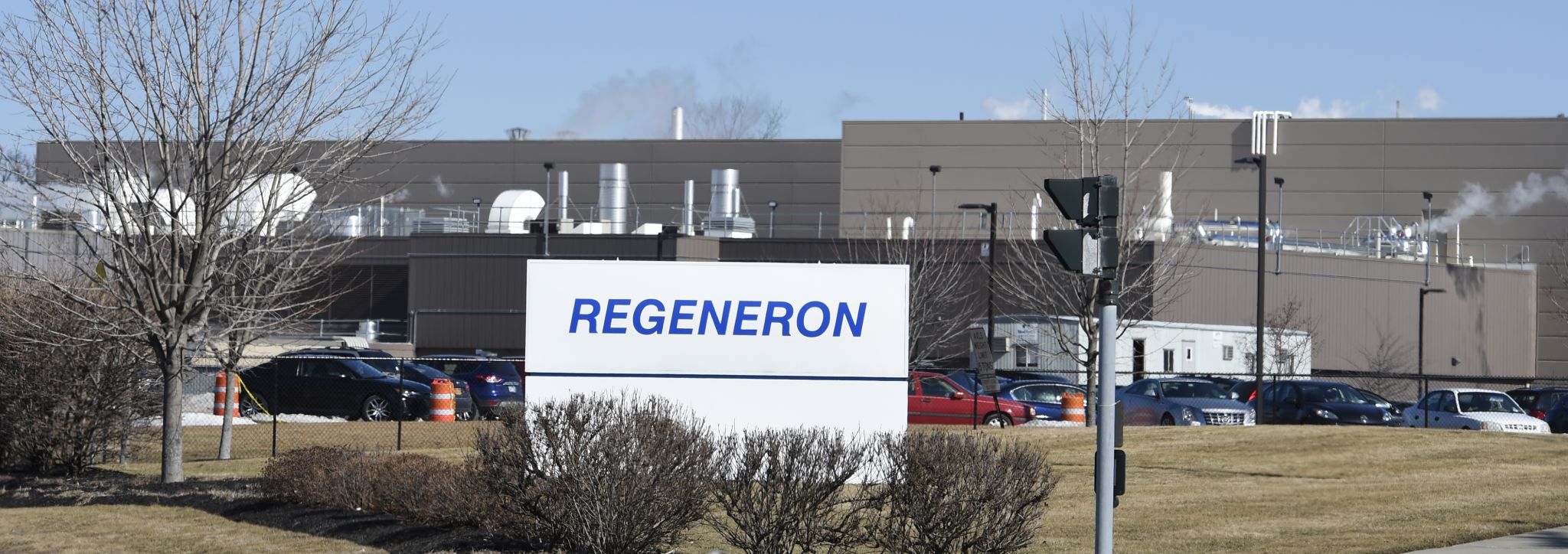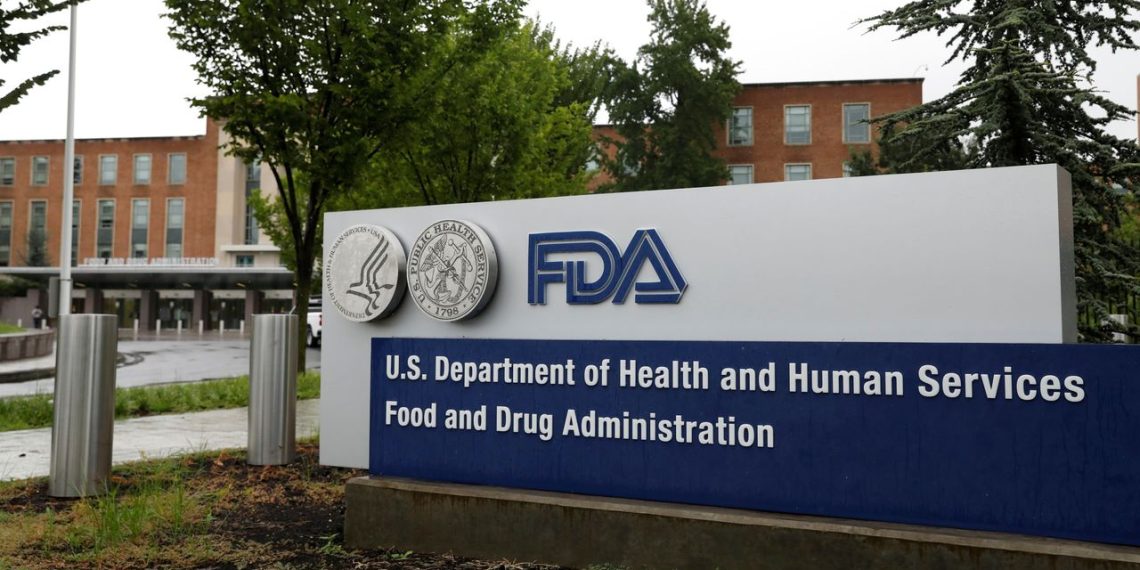Regeneron Pharmaceuticals announced on Monday that the U.S. FDA has rejected approval for its blood cancer therapy designed for two types of lymphoma due to concerns regarding the progress of ongoing confirmatory trials.
The FDA’s response letter cited the necessity for more data from enrollments in both dose-finding and confirmatory parts of the trials, causing a delay in the drug’s approval process.
However, the FDA confirmed that there were no issues related to clinical efficacy, safety, trial design, labeling, or manufacturing.

The experimental drug, odronextamab, was evaluated in multiple late-stage trials involving patients with follicular lymphoma and diffuse large B-cell lymphoma, which are the two most common subtypes of non-Hodgkin lymphoma.
This setback marks the first time that the FDA has issued a Complete Response Letter (CRL) for this reason, reflecting the agency’s recent efforts to heighten the standards for cancer drug developers seeking accelerated approval.
Regeneron had anticipated expanding its oncology portfolio with odronextamab, aiming to diversify beyond its currently approved skin cancer drug, Libtayo. The news of the FDA’s decision led to a marginal decline in Regeneron’s shares during early trading.

Analysts note that while odronextamab held potential as Regeneron’s inaugural blood cancer treatment, its market opportunity of $200 million is comparatively smaller, and the lymphoma space is fiercely competitive.
Despite the setback, analysts believe that this delay does not significantly impact Regeneron’s overall performance, as odronextamab was projected to be only a marginal revenue driver for the company.
The FDA’s request for additional data underscores the agency’s commitment to ensuring the safety and efficacy of cancer treatments before granting approval, reflecting the evolving landscape of drug development and regulatory standards.




